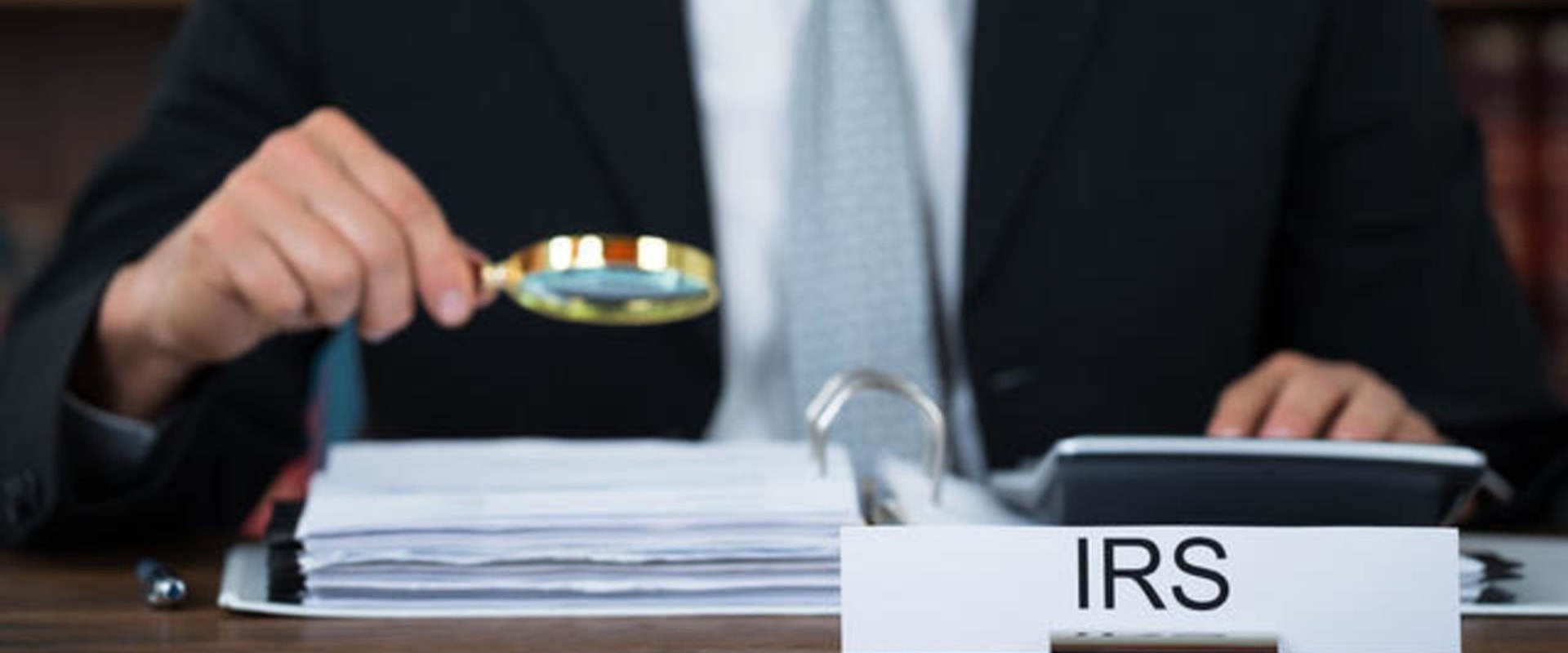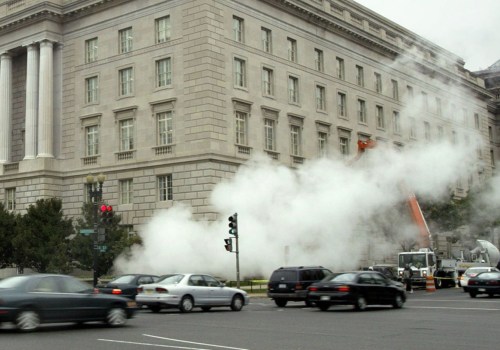The IRS audits individuals to verify if they filed their taxes accurately and, if they didn't, to determine if more taxes are owed. Auditing trends vary depending on taxpayer income. The IRS administers audits by mail or through an in-person interview to review their records. The interview can be conducted at an IRS office (office audit) or at the home, establishment, or office of the taxpayer's accountant (field audit).
Remember that we will initially contact you by mail. The IRS will provide you with all contact information and instructions in the letter you will receive. The IRS conducts tax audits to minimize the “tax gap” or the difference between what is owed to the IRS and what the IRS actually receives. Sometimes an IRS audit is random, but the IRS often selects taxpayers based on suspicious activity.
To help scare people into filing their returns, the IRS makes sure to publish its audits of famous people around the time they pay taxes every year. Deductions for self-employed workers not only reduce their income subject to federal and state income taxes, but also to payroll taxes, says Bronnenkant of Betterment. Suspicious activity can trigger an audit, but there's no definitive reason why the IRS doesn't audit taxpayers at specific times and for specific reasons. By taking a closer look at income earned in different years (as well as the documents that support it), the IRS can sometimes find discrepancies in what a taxpayer earned compared to what it may seem contradictory that low-income households are more likely to be audited than some richer taxpayers, but it's because the IRS checked for fraud and errors related to the Earned Income Tax Credit, says Eric Bronnenkant, chief tax officer at financial services firm Betterment.
Generally, the IRS has no problem with small refunds because predicting the exact amount of withholding needed throughout the year is a difficult task, especially when considering deductions. Taxpayers often believe that, if they work at home, they can automatically deduct expenses related to the commercial use of space in their home. The IRS also offers mediation or can file an appeal if there is enough time left to meet the statute of limitations. The IRS strictly defines the home office deduction as reserved for people who use part of their home “exclusively and regularly” for their business or business.
Its audit rate, around 0.44%, is low because its returns have less room for error, says Glenn DiBenedetto, director of tax planning at New England Investment and Retirement Group. Third, the IRS Examinations Division is motivated to audit the returns of companies in specific industries. However, large inconsistencies in income from year to year may indicate an area of concern for the IRS if the change in income is not evident (i). First of all, most major refunds are not associated with standard W2 taxpayers, but are indicative of large losses on a taxpayer's return or something like that.
That has offset a large amount of taxes that the taxpayer would have had to pay. The purpose of each IRS audit is to verify the accuracy of the income and deductions that are taken on a tax return, whether that of an individual, a corporation, or a non-profit organization. The IRS also expects to see an attached Schedule C, showing the company's revenues, both its profits and losses. .








